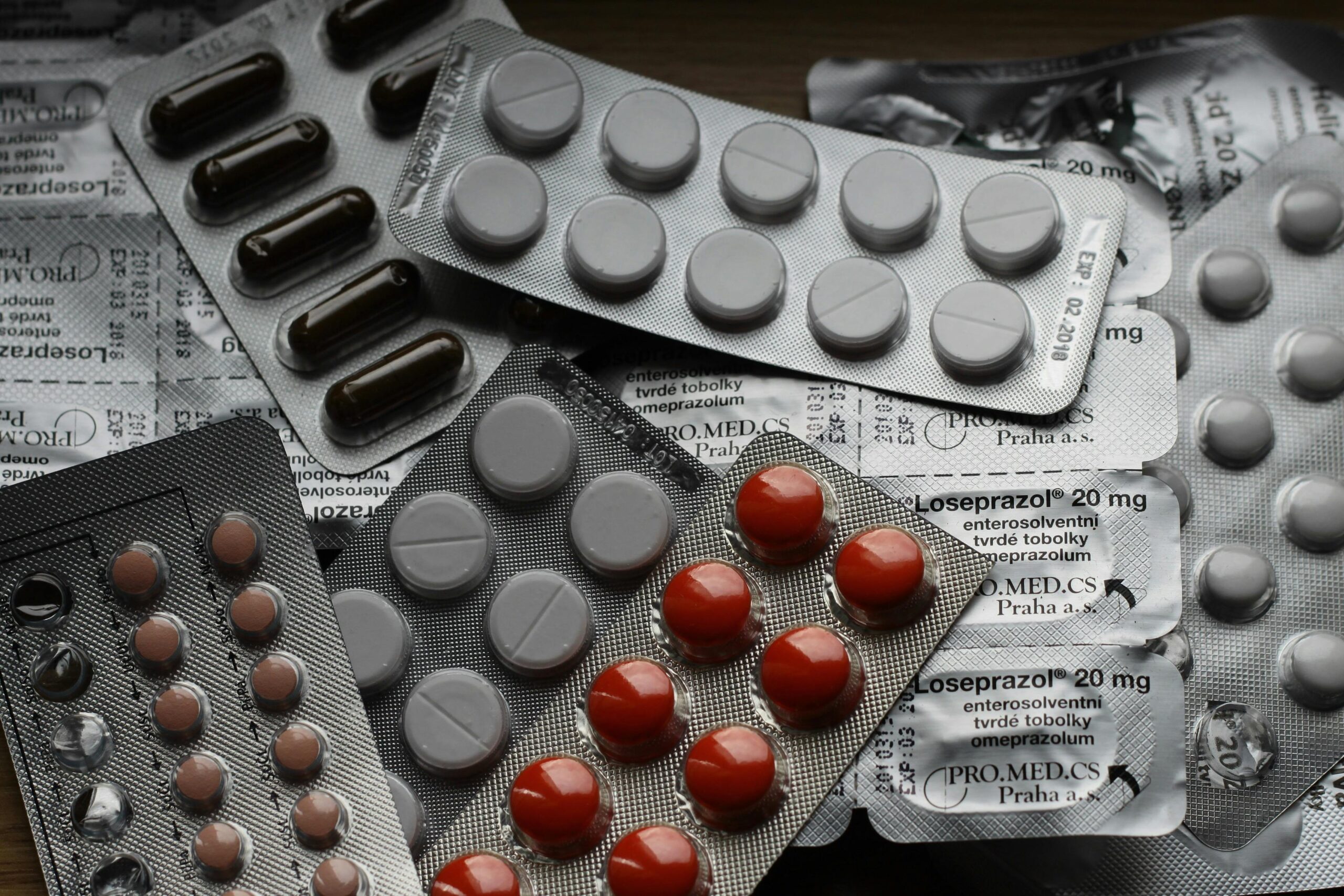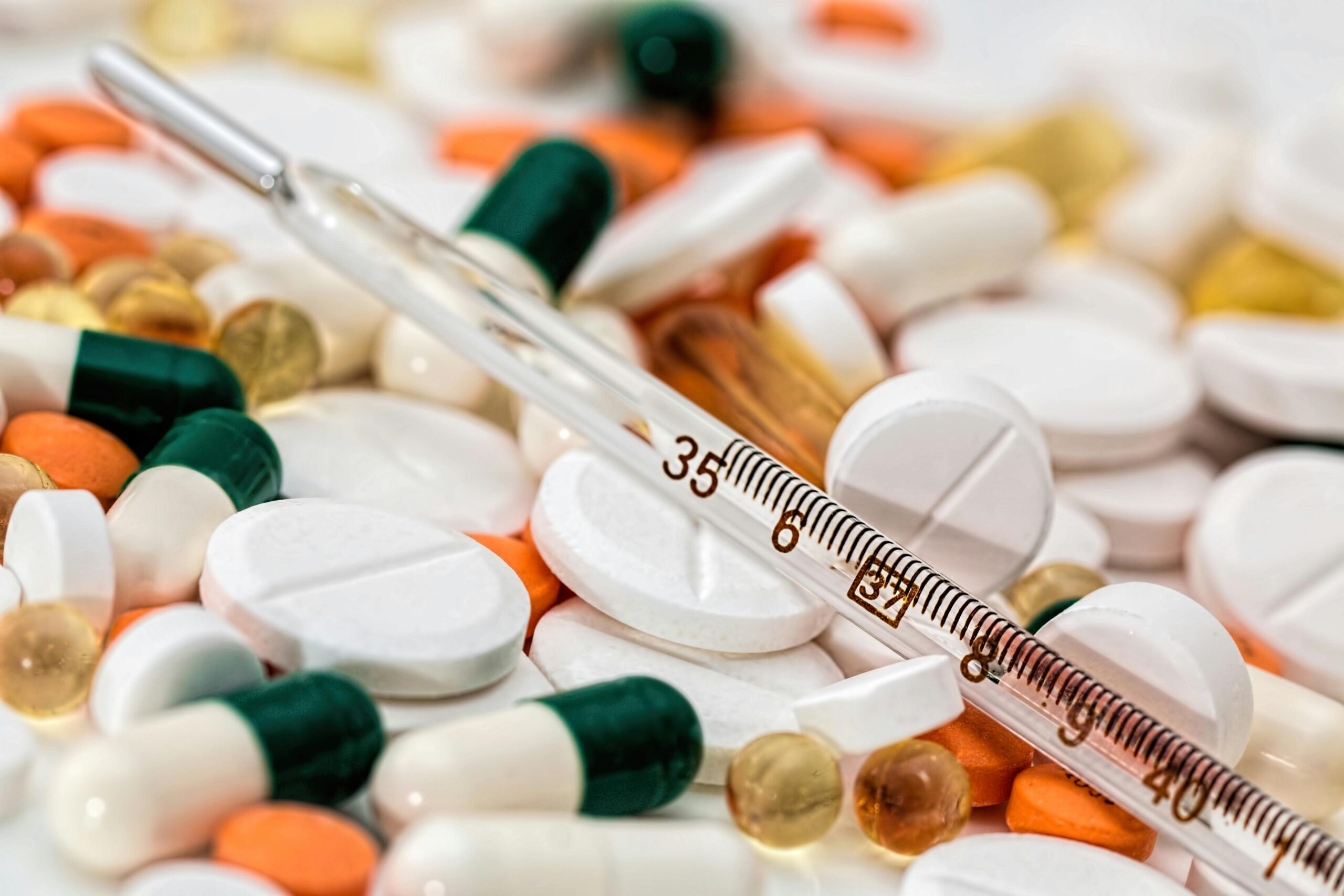WASHINGTON, Sept. 2, 2025 — In a sweeping trade move, President Donald Trump unveiled plans to impose steep tariffs of up to 200% on pharmaceuticals imported into the United States—marking a dramatic departure from decades of duty-free medicine trade. The policy shift aims to reduce reliance on foreign drug supply chains and incentivize domestic manufacturing.
A Strategic Shift with Major Risk
For years, imported drugs—including generics and active pharmaceutical ingredients—entered the U.S. market largely tax-free. The proposed tariffs would reverse this norm and escalate protectionist trade policy into the pharmaceutical sector.
Administration officials argue that reshoring drug production would strengthen national security and reduce dependency on overseas suppliers. However, experts warn that such tariffs could raise drug prices, disrupt critical supply chains, and exacerbate shortages, particularly among low-income and elderly populations.
Widespread Industry Concern
Analysts estimate that even moderate tariffs could hike drug prices by 10–14% once existing U.S. stockpiles run out. Pharmaceutical companies—including industry giants—have begun ramping up investments in U.S.-based manufacturing, though building the necessary infrastructure is expensive and complex.
Market Response and Policy Variability
Markets have reacted to muted implementations elsewhere. Earlier this month, a 15% tariff on drug imports from Europe was announced, prompting a modest rally in pharmaceutical stock ETFs as investor uncertainty eased.
Meanwhile, on August 5, Trump pressed ahead with even steeper warnings: tariffs could start at a lower rate and soar to 150% within 18 months, potentially reaching 250%—the most punitive threat to date.
Legal and Political Hurdles Ahead
The expansion of tariffs into the pharmaceutical realm may face legal resistance. In other sectors, the administration’s broader use of emergency powers under the International Emergency Economic Powers Act (IEEPA) has come under judicial scrutiny, though those tariffs remain temporarily in effect amid appeals.
What It Means for Consumers
- Higher out-of-pocket costs for essential medications—especially for cancers and other chronic illnesses.
- Rising insurance premiums and increased burden on public programs like Medicare.
- Supply shortages, particularly for generics, which rely heavily on Indian and Chinese production, and which operate on narrow margins.
Primary News Sources
Associated Press (AP News)
Trump plans a hefty tax on imported drugs, risking higher prices and shortages
MarketWatch
Trump threatens drugmakers with 250% tariffs. Here’s when higher levies could come.
Reuters
Bessent expects Supreme Court to uphold legality of Trump’s tariffs but eyes Plan B
Investor’s Business Daily (IBD)
Drug Tariffs Finally Land. Why Pharma Stocks Are Breathing Easy.
Sahil Sachdeva is the Founder of curemedoc.com and a Digital Marketing professional with years of experience. If you need help in Content writing and want to increase your website ranking, connect with him, as he has some premium websites where you can share blogs with DoFollow links and increase your website’s ranking on Google.



